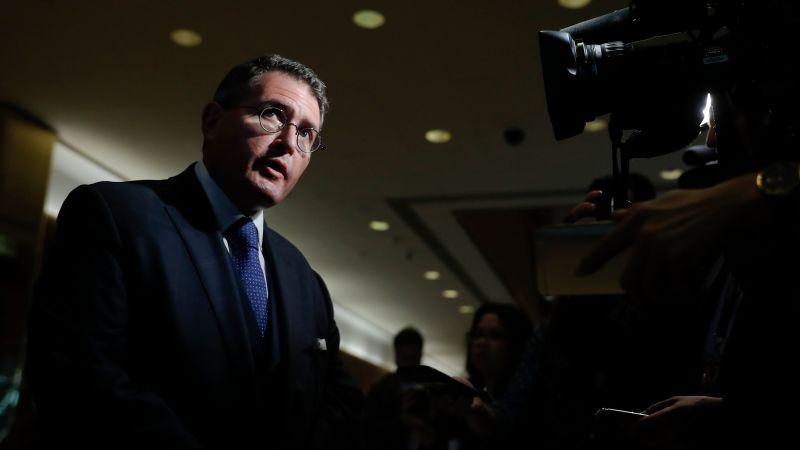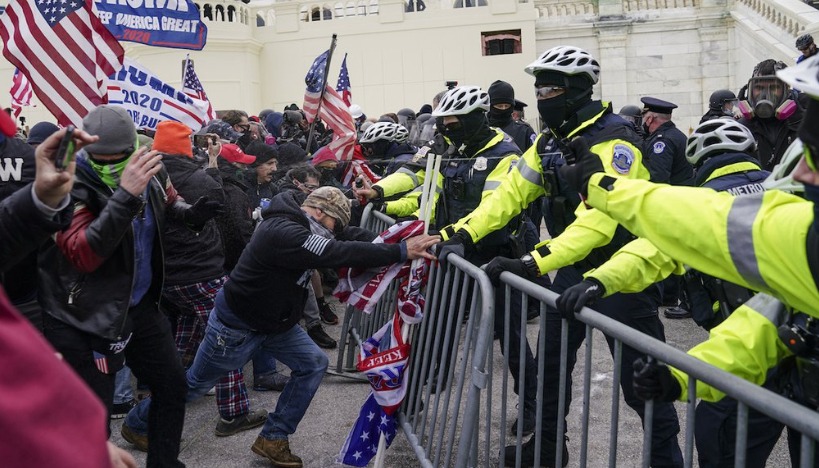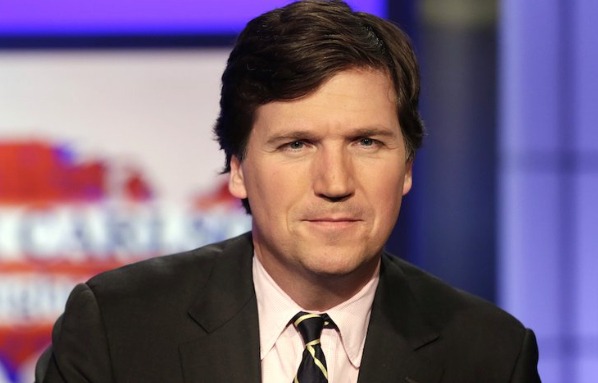Conservative Activist Leonard Leo Refuses to Provide Information on Justice Alito’s Luxury Fishing Trip
Conservative legal activist Leonard Leo is facing scrutiny for his interactions with Justice Samuel Alito, who joined him on a luxury fishing trip in 2008 and traveled on a private jet owned by a conservative hedge fund manager. However, Leo is refusing to provide Democratic lawmakers with any information regarding this matter.
Leo’s lawyer, David B. Rivkin Jr., wrote a scathing letter to key Democrats on the Senate Judiciary Committee, stating that the congressional inquiry goes beyond the limits set by the Constitution and is tainted by partisan politics. Rivkin argues that the investigation is politically motivated and violates Leo’s First Amendment rights.
The committee, led by Chairman Dick Durbin and Senator Sheldon Whitehouse, had requested Leo to provide more information about the trip. However, Leo’s lawyer claims that the investigation lacks a valid legislative purpose and would be unconstitutional if enacted into legislation.
Rivkin also points out that the committee has focused solely on individuals with relationships to justices appointed by Republican presidents, while ignoring allegations against liberal justices. He cites examples such as a report alleging a close relationship between the late Justice Ruth Bader Ginsburg and the pro-abortion rights group National Organization for Women, as well as questions raised about Justice Sonia Sotomayor’s use of court staff for book sales and an investiture celebration for Justice Ketanji Brown Jackson funded by undisclosed donors.
Rivkin concludes that the investigation is one-sided and politically motivated, targeting only one side of the political spectrum. He argues that while Leo is being subjected to congressional inquiry, individuals and organizations who have facilitated travel or exchanged gifts with Democrat-appointed justices have been immune from the committee’s attention.
The committee’s investigation into ethics standards at the Supreme Court aims to establish reliable ethics guardrails, but Rivkin believes that the current inquiry is flawed and violates separation of powers principles.
This ongoing controversy raises questions about transparency and ethics at the Supreme Court, and the outcome of this investigation could have significant implications for the future of judicial oversight.
Exclusive: Leonard Leo’s Controversial Fishing Trip with Justice Samuel Alito Sparks Democratic Inquiry
In a recent turn of events, a controversial fishing trip involving Leonard Leo, a prominent conservative activist, and Justice Samuel Alito of the United States Supreme Court has ignited a Democratic inquiry. The trip, which took place in the summer of 2021, has raised concerns about potential ethical violations and the influence of outside interests on the highest court in the land.
Leonard Leo, the co-chairman of the Federalist Society, a conservative legal organization, has long been known for his involvement in shaping the judiciary. With his extensive network and deep pockets, Leo has played a significant role in the appointment of conservative judges, including three Supreme Court justices – Neil Gorsuch, Brett Kavanaugh, and Amy Coney Barrett.
The fishing trip, which reportedly occurred off the coast of Maine, has drawn attention due to the close relationship between Leo and Justice Alito. Critics argue that such a close association between a conservative activist and a sitting Supreme Court justice raises questions about impartiality and the potential for undue influence.
The Democratic inquiry seeks to shed light on the nature of Leo and Alito’s relationship and whether it has had any impact on the court’s decision-making process. Democrats argue that the trip could be seen as a violation of the Code of Conduct for United States Judges, which prohibits judges from accepting gifts or favors that could reasonably be perceived as intended to influence their official actions.
While it is not uncommon for justices to have personal relationships with individuals outside the court, the timing and circumstances of this fishing trip have raised eyebrows. Leo’s involvement in the selection and confirmation of conservative justices, combined with his close ties to the Federalist Society, has led to concerns about potential conflicts of interest.
Critics argue that Leo’s influence over the Supreme Court’s composition and his close relationship with Justice Alito could undermine the court’s independence and impartiality. They fear that the court’s decisions may be influenced by outside interests rather than a fair and objective interpretation of the law.
Supporters of Leo and Alito, on the other hand, dismiss these concerns as politically motivated attacks. They argue that personal relationships between justices and individuals with shared ideologies are not inherently problematic and do not necessarily compromise the integrity of the court.
Nevertheless, the Democratic inquiry aims to provide transparency and ensure that the highest court in the land remains free from any undue influence. It is crucial to maintain public trust in the judiciary and to address any potential ethical violations that may arise.
As the inquiry unfolds, it will be interesting to see what evidence emerges and how it may impact public perception of the court. The outcome of this investigation could have far-reaching implications for the future of the Supreme Court and its role in shaping American jurisprudence.
In conclusion, the controversial fishing trip involving Leonard Leo and Justice Samuel Alito has sparked a Democratic inquiry into potential ethical violations and the influence of outside interests on the Supreme Court. As the investigation progresses, it is essential to uphold the integrity and independence of the judiciary, ensuring that the court’s decisions are based solely on a fair and objective interpretation of the law.








